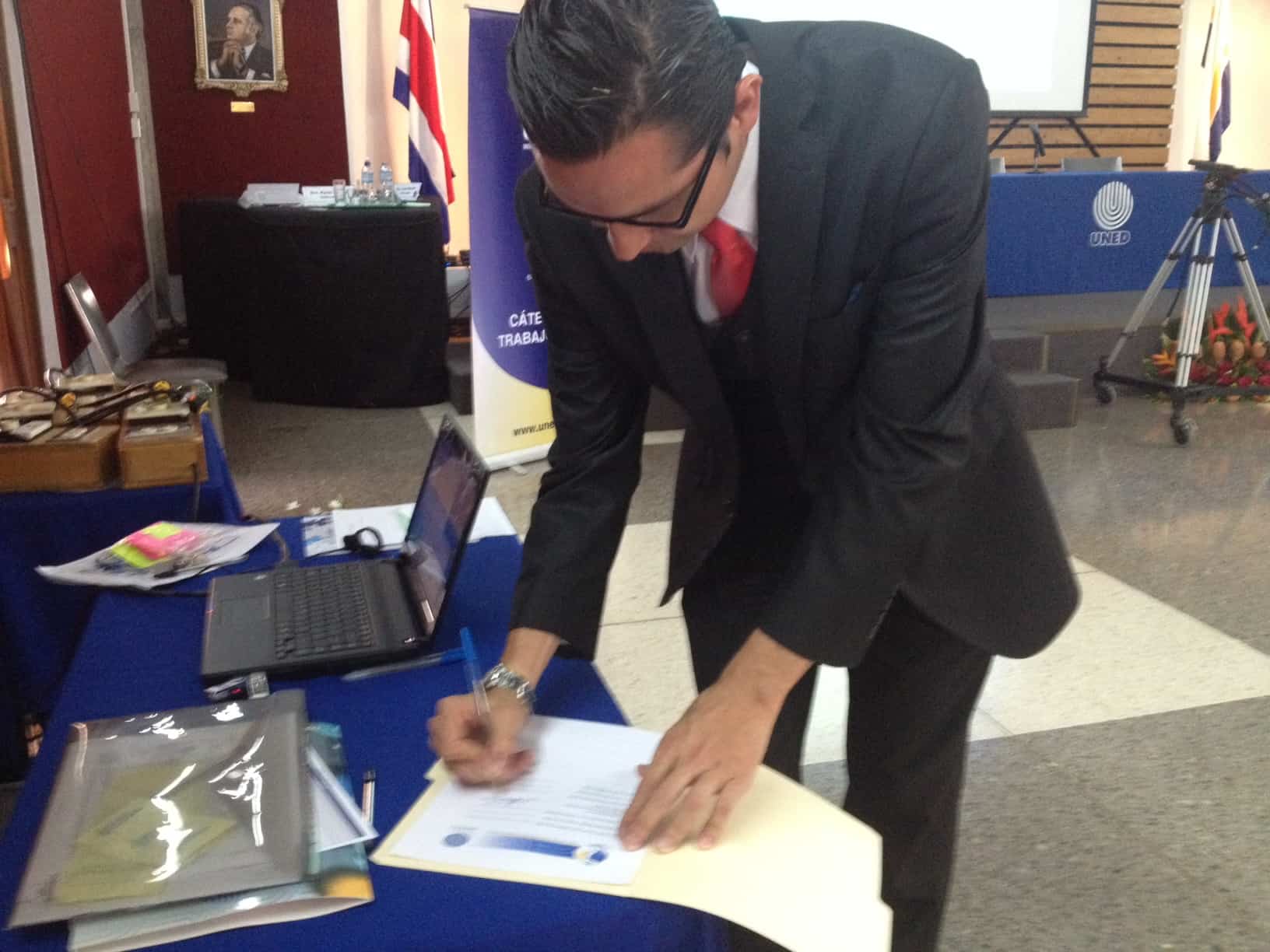“Parents will say, ‘All I want to do is go to my nephew’s birthday party, and have my sister not ask me to leave because my child is freaking out,’” autism specialist Kylan Turner said. “And it’s heartbreaking. Costa Rica can be a model for how to do this right.”
Turner, a U.S. citizen who’s been living in Costa Rica for nearly two years, voices a call for change in the way Costa Rica treats autism, particularly during children’s crucial early years. This call is also being made by the country’s public health authorities in what appears to be a concerted effort by a variety of actors to provide new solutions for individuals with autism and their families.
“Today, this is an invisible population,” Alan Rímola, who heads the National Secretariat of Mental Health, told The Tico Times. “The goal is to help them. This is a struggle we all have to undertake together.”
A series of recent events brought together the government, whose interest in addressing deficiencies in autism treatment is part of the National Policy on Mental Health launched last year, parents advocating for better treatment through organizations such as Autismo Costa Rica, healthcare and education professionals, and experts from the international organization Autism Speaks. The events included a conference organized by Turner on April 21 and 22, co-sponsored by the National University for Distance Learning (UNED) and Autismo Costa Rica at the UNED’s main campus in Sabanilla, San José. They also included meetings between Public Health Ministry officials and visiting experts from Autism Speaks.
Those meetings resulted in a formal request from the Ministry to Autism Speaks to provide technical support as the Ministry creates training modules and a diagnostic to begin addressing this urgent need, according to Rímola.
For Turner, the events were the culmination of many months of hard work since she first arrived in Costa Rica with her husband, Tico Times reporter Robert Isenberg, and began working with families affected by autism, a term for brain development disorders that can cause problems in communication and social interaction. She said the extent of the problem in Costa Rica was “overwhelming.”
“We can diagnose autism at around 2 years old,” said Turner, 30, who holds a doctorate in Special Education from the University of Pittsburgh and is a board-certified behavior analyst. She works intensively with young people with autism and their families. “In Costa Rica, because of long wait lists, kids are not getting diagnosed until 5 or 6 years old. Instead of learning to talk when they’re neurologically capable of learning, they’re not learning until much later, and they’re engaging in lots of problem behaviors such as outbursts.”
These issues multiply as kids grow older.
“Kids might go to school without a diagnosis, and the teachers aren’t trained to [meet these students’ needs]. They have to say, ‘Sorry, mom, you have to keep your kid at home until we figure out what to do with them.’” This delays learning further until “you’re dealing with a 12-year-old who is having tantrums like a 2-year-old.”
Turner approached Autism Speaks, and began a conversation that culminated with the group’s recent visit to the Public Health Ministry. The conference Turner coordinated at the UNED included a needs assessment with four key groups: parents, doctors, teachers and psychologists. The input will help the Ministry move forward with solutions, she said.
Rímola said that the Ministry is focusing on locating and registering existing cases of autism, ensuring that new cases are communicated to authorities, and conducting training to reduce the wait list. Today, the National Children’s Hospital has only enough specialized staff to conduct autism evaluations one day a week.
“We can’t have a specialist in every community clinic (EBAIS), but we can train staff” to diagnose and refer patients to specialists, Rímola explained. He said the Ministry has provided training on autism diagnosis to medical staff at more than half of the country’s 1,100 EBAIS clinics thus far, as part of the new Mental Health Policy. Autism has also been included as a mandatory notification condition within the Ministry, meaning that community medical staff members are now required to report any cases to the Ministry directly.
To improve treatment once a diagnosis is made, Rímola said the new policy is also reorganizing the national healthcare system, the Caja, to create 20 interdisciplinary mental health teams that will work around the country, reducing the time families must spend traveling to obtain care.
It’s an uphill battle, considering that, as Turner points out, ideal conditions would involve a child with autism spending 25 hours per week one-on-one with a specialist. However, without the resources to provide that level of care, intermediate steps include training parents directly, or, as Rímola suggests, providing treatment in group settings.
Two other essential pieces of the puzzle are the emergence of specialists in Costa Rica – such as Natalia Trejos, who co-taught a course Turner offered in Applied Behavior Analysis and is poised to become the first Costa Rican ever to be certified in the discipline – and research on the subject, which Rímola said the Ministry will coordinate with national universities.
What’s more, recent events have provided a public and national response to a growing community and parent-led movement. As The Tico Times reported last year, organizations such as Autismo Costa Rica have allowed families to speak openly about struggles that were once taboo.
Both specialists said the coming months will be crucial, and that the time is ripe for change.
“If Costa Rica doesn’t take it and run with it,” Turner said, “there might not be another chance like this.”






